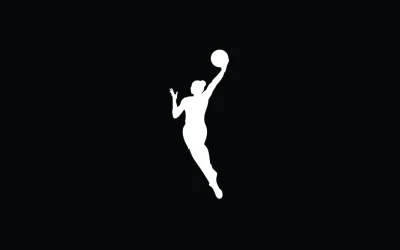Following baseball teams such as the St. Louis Cardinals and San Francisco Giants, the Minnesota Twins have adopted demand-based pricing, also called dynamic pricing. Season tickets and seats in the team’s family-friendly, alcohol-free zone will be unaffected.
Just in time for the start of the 2012 baseball season, dynamic-based pricing has arrived at Minneapolis’s Target Field. On March 9, the Minnesota Twins expanded their demand-based pricing system — also called dynamic pricing — to include most of the available seats in the team’s 39,500-capacity stadium. This replaces the traditional pricing system that was in use since the tickets went on sale on Feb. 25.
Demand-based pricing was introduced at Target Field last year in 2011, but for only two sections. Even with the new system, season ticket prices are not affected, nor are seats in the “Our Family Section”, which is an alcohol-free zone that covers sections 310 and 311.
In a March 8 press release, the Twins announced that the Sports and Entertainment Analytical System (SEATS™), a product of Indianapolis-based Digonex Technologies, Inc., would run the new system. Besides the Twins, Digonex’s clients include the Anaheim Ducks, the University of South Florida, and the Warner Music Group. Digonex partners with Paciolan, a ticketing software company, Major League Baseball Advanced Media (MLBAM), which is the MLB’s communications wing, and Tickets.com.
According to Digonex’s website, SEATS™ is “a patented dynamic pricing system that optimizes ticket prices to capture maximum revenue over the full lifecycle of each and every ticket.” The system anticipates fan behavior, increasing or decreasing ticket prices based upon daily fluctuations in weather and support for the team. In a technical sense, SEATS™ relies upon econometrics, a method that applies mathematical formulas to economic theory, thus quantifying the relationship between price and demand.
Reuters reports that Steve Smith, the Twins’ vice president of ticket sales and service, had nothing but praise for Digonex. “As the Twins organization continues to adjust to our new home in Target Field, we remain committed to doing all that we can to field a competitive team and to delivering the best ballpark entertainment experience for our fans,” said Smith. “The expertise and services Digonex provides have proven to be extremely valuable to their clients throughout the sports and entertainment industry and we hope to benefit from their analytic services as well,” he added.
The Twins have adjusted ticket selling since moving into Target Field in January 2010. Target Field replaced the aging Metrodome, though the new field brought challenges. Among them was a significant decrease in seating capacity from 55,300 to 39,500. The Twins recently made news when the team’s president, David St. Peter, endorsed paperless ticketing. Unlike paper tickets, going paperless requires purchasers to bring their credit card and photo ID to the event. Therefore, purchasers are unable to resell their legally-acquired tickets.
Adopting SEATS™ is another step in blocking the secondary market, which exists outside the partnerships that exist between sports teams and primary ticket sellers. By hiring Digonex, the Twins are seeking to maximize their profit from ticket sales. Jan Englen, Ph.D., Digonex’s CEO, discussed the financial benefits to the Twins’ deal. “Digonex is excited to team up with Tickets.com and MLBAM to provide the extensive capabilities of SEATS™ to the Twins and other MLB teams,” said Englen, according to Reuters. Englen predicts that SEATS™ will increase revenue for Tickets.com by 20 percent. Tickets.com is a subsidiary of MLB Advanced Media.
Demand-based pricing was invented by QCue, Inc., a software company based in Austin, TX. Other sports teams and ticket sellers began implementing the new pricing system in 2011. QCue’s client list increased from one in 2009 to over thirty by January 2012. Last year in 2011, Ticketmaster adopted the system following decreasing concert sales in 2009. Besides the Twins, other sports teams have adopted demand-based pricing, including the Oakland A’s, the San Francisco Giants, and the St. Louis Cardinals.



